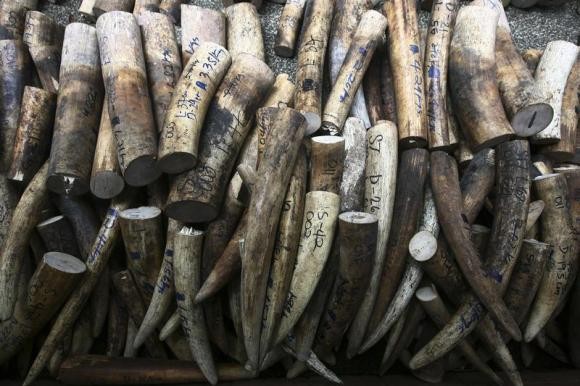In a bid to assist the Chinese government in its fight against illegal wildlife trade, nine famous internet companies have given their assurance to prohibit trading and promotion of wildlife products on their platforms.
The representatives of these companies, which include online marketplace Alibaba and telecom and media company Tencent, have called on the public to stop buying and patronizing wildlife products to protect endangered species.
According to import and export officials, illegal trading of rare species is easier to conduct and conceal online. Since perpetrators are tricky to apprehend when they use internet messaging services and online threads, the world's wildlife continues to be threatened.
At the Oct. 7 Strategic and Economic Dialogue held in Beijing, China and the U.S. have agreed to cooperate in stopping wildlife traffickers through public awareness and stronger law enforcement.
Vice Premier Liu Yandong said that China has been combatting the issue since 1998 by releasing the Law on the Protection of Wildlife.
A "network of wildlife law enforcement" is necessary to reduce the demand and supply of wildlife products, Liu said.
However, putting an end to the issue has remained a challenge. In fact, body parts of animals have become the third largest smuggled commodity, next to drugs and firearms.
TRAFFIC, a wildlife trade monitoring network, has already found 330 stores in Chinese cities that sell illegal ivory and elephant tusks.
In August, the General Administration for Quality, Supervision, Inspection and Quarantine intercepted 44,000 packages of illegal wildlife products. The contrabands included 100 green lizards, spiders, sea cucumbers, hognose snakes and poison dart frogs.



























